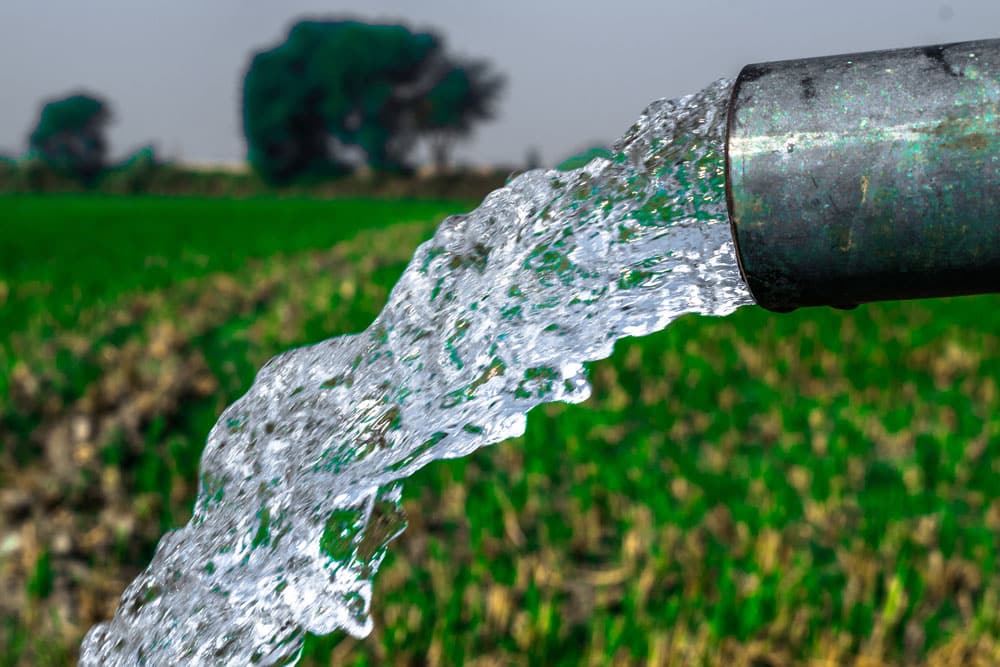

When living in a place where the water supply is abundant or just enough, people do not realize how hard it is to have a limited water supply. But the reality is, as time goes by, the demand for water increases, along with the continuous population growth.
When the increasing water demand surpasses the available supply, there will be water deficiency, and you do not want that to happen. The installation of bore water can help with the rising water demand.
In this article, we will talk about water bores, along with their pros and cons.
Groundwater that has been retrieved from aquifers and subterranean water reservoirs is known as bore water. The source of groundwater is rain that has naturally permeated the earth and accumulated in the spaces between rocks and soil.
These layers and water storage spaces below the ground are called aquifers. To bring groundwater to the surface, a bore is used.
Water bore drilling is the process of creating a hole in an underground reservoir or deep aquifer in order to extract groundwater from it.
After the holes are drilled, a pumping system is added to aid in extracting the water for your use.
The Pros of Drilling Water Bores
- Mineral concentrations in bore water are higher than in water treated in cities.
It’s as pure as water can be when it comes from directly below the earth without any chemical additions.
Water from a bore is free of chemicals and rich in those beneficial minerals. However, before drinking and consuming water from the borehole, make sure to have it checked by experts or install water filters if necessary.
- The water is coming from the ground, which means it is renewable and highly sustainable.
If you want a renewable and sustainable water source, bore water drilling is your best choice. Water is renewable because it can be replenished after being used up.
Rainwater will also percolate through the soil before being pumped up into a dependable source of water for homes and businesses with the help of a water filtration system.
- It can save you money in the long run.
The cheapest method of supplying water to homes and crops is probably to have access to a borehole or borehole water.
Although the bore water drilling may require you to spend a significant amount of money, the only proceeding expense you will have is upkeep for your pump and water filter system because you will be using water that you drill from your own land.
Once a borehole has been constructed, it can supply all water requirements if there is a good groundwater flow.
The Cons of Drilling Water Bores
- Not all bore waters are clean enough; hence you need to install water filters.
Bore water is your responsibility since it is inside your property. It is crucial to use a water filter to clean the water entering your home before drinking it because some borehole water is not sanitary. You should also purchase and put on Perth bore covers to protect your bore hole from unwanted debris.
Nitrates from regional agricultural practices, stormwater runoff, pesticides, runoff from sewage systems, nearby farms, and local factory pollution are among the contaminants that may be present in high concentrations in your groundwater.
- It uses electricity, meaning, when there is no electricity, your pump will not work.
You won’t be able to use your pump if the power goes out. Bore water needs a pump to move the water from the aquifer to the faucet, so it’s advantageous to have a backup power source, like solar panels or a solar battery.
You can also collect and store water in case a power interruption is scheduled around your area.
